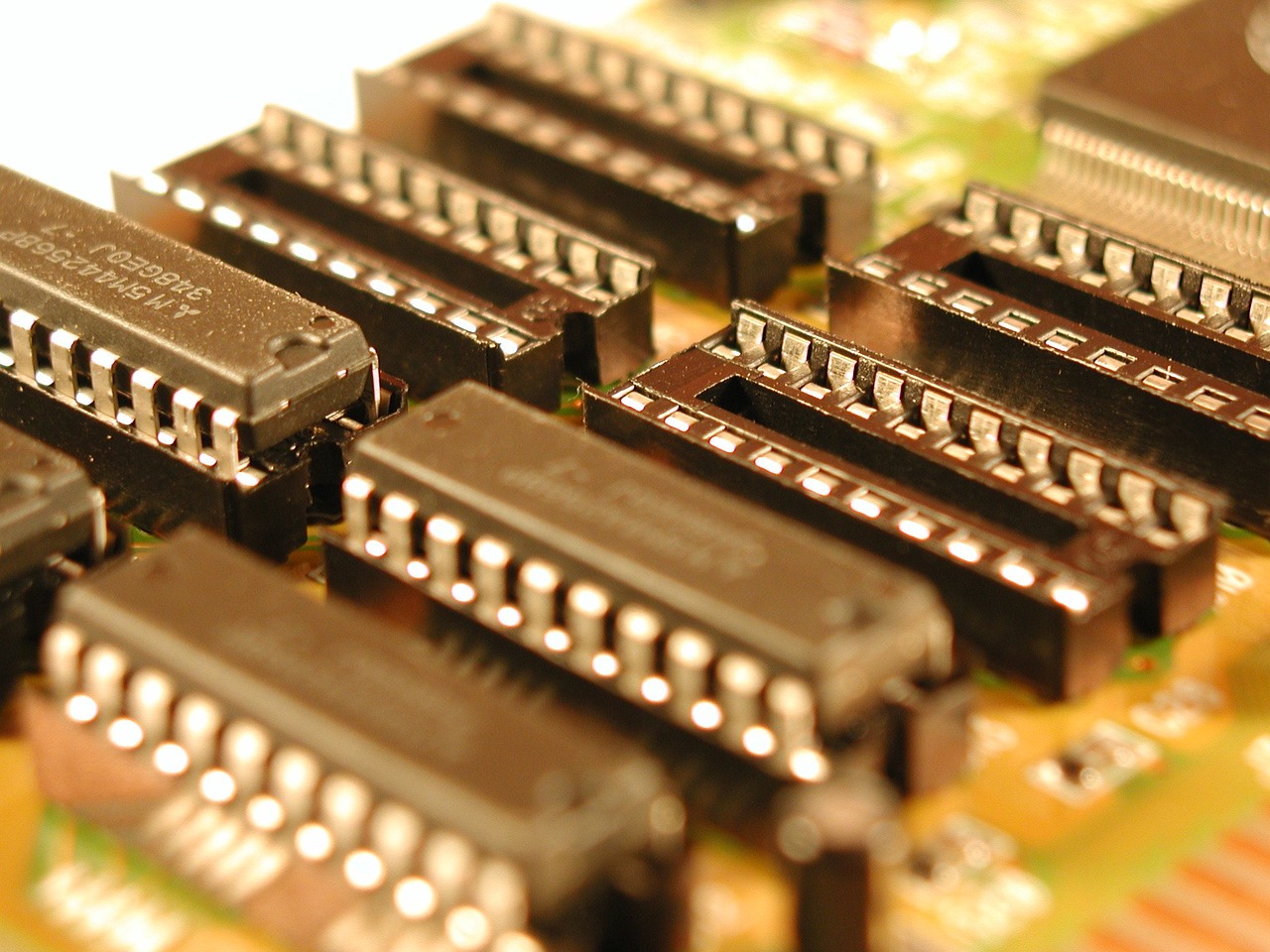Precision Medicine: Utilizing Big Data and AI
Precision medicine is revolutionizing the way healthcare is delivered by tailoring treatments to individual patients based on their unique genetic makeup, lifestyle, and environment. This personalized approach allows for more targeted and effective interventions, resulting in improved patient outcomes and reduced side effects. By considering a patient’s specific characteristics, precision medicine aims to optimize treatment effectiveness and enhance overall health and wellbeing.
Advancements in technology and the increasing availability of genetic data have played a crucial role in the widespread adoption of precision medicine. The ability to analyze vast amounts of data enables healthcare providers to identify patterns, predict responses to treatment, and make more informed decisions. Through the integration of genetic testing, molecular profiling, and other innovative tools, precision medicine is paving the way for a new era of healthcare that is truly personalized and patient-centric.
The Role of Big Data in Precision Medicine
Big data plays a crucial role in advancing precision medicine by allowing healthcare professionals to analyze vast amounts of complex information. Through the examination of diverse datasets, researchers can uncover patterns and correlations that can lead to more personalized treatment strategies for patients. This data-driven approach enables healthcare providers to make evidence-based decisions that are tailored to individual needs and characteristics.
In addition to improving patient outcomes, big data also facilitates the development of targeted therapies and precision diagnostics. By integrating various sources of information, such as genomics, clinical records, and lifestyle data, researchers can identify genetic markers, biomarkers, and other factors that influence disease progression. This comprehensive analysis not only enhances the understanding of diseases on a molecular level but also enables the identification of potential therapeutic targets for more effective interventions.
Utilizing Artificial Intelligence in Healthcare
Artificial Intelligence (AI) is increasingly revolutionizing the healthcare industry by transforming how patients are diagnosed and treated. Through the use of AI algorithms, healthcare providers can analyze vast amounts of patient data to detect patterns and predict potential health outcomes. This data-driven approach enables earlier disease detection, personalized treatment plans, and improved patient outcomes.
In addition to diagnosis and treatment, AI is also streamlining administrative processes in healthcare settings. Tasks such as scheduling appointments, coding medical records, and processing insurance claims can be automated with the help of AI technologies, freeing up valuable time for healthcare professionals to focus on patient care. The integration of AI in healthcare is paving the way for more efficient and effective delivery of services, ultimately leading to better patient experiences and outcomes.
• AI algorithms can analyze vast amounts of patient data to detect patterns and predict potential health outcomes
• Enables earlier disease detection and personalized treatment plans
• Improves patient outcomes through data-driven approach
• Streamlines administrative processes in healthcare settings
• Automates tasks such as scheduling appointments, coding medical records, and processing insurance claims
• Frees up valuable time for healthcare professionals to focus on patient care
• Leads to more efficient and effective delivery of services in healthcare
• Ultimately results in better patient experiences and outcomes
What is precision medicine?
Precision medicine is an approach to healthcare that takes into account individual differences in genes, environment, and lifestyle for each person.
How does big data play a role in precision medicine?
Big data allows for the collection and analysis of vast amounts of health-related data, including genomic data, to better understand disease mechanisms and develop more targeted treatments.
How is artificial intelligence utilized in healthcare?
Artificial intelligence is used in healthcare to analyze complex medical data, identify patterns and trends, make predictions, and assist in clinical decision-making.
Can artificial intelligence help in personalized treatment plans?
Yes, artificial intelligence can analyze a patient’s genetic data, medical history, and other relevant information to create personalized treatment plans tailored to the individual’s unique needs.
What are some examples of AI applications in healthcare?
AI applications in healthcare include medical imaging analysis, drug discovery, predictive analytics for patient outcomes, and virtual health assistants for patient engagement and support.





